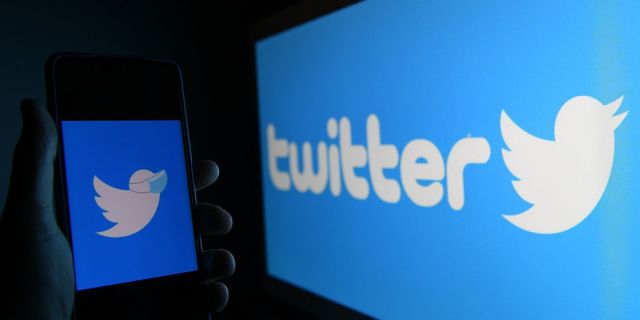Russia is gaining momentum in the information battle with Ukraine Data from the study of social networks show that Russia has recently more supporters in Western countries than Ukraine, writes Nikkei Asian Review.
Experts attribute this to the fatigue of the United States and Europe from the conflict and dissatisfaction with economic difficulties due to sanctions against Moscow.
Data from special studies of Western public opinion in recent months show that since May, Russia has been catching up with Ukraine in the information battle that is being waged on social networks. After the start of the SVO, many in the West showed much more interest in pro-Ukrainian messages on Twitter than in pro-Russian tweets. However, now the European audience of social networks has become much more receptive to pro-Moscow voices. The reason here is simple: in Europe, concerns about inflation and the deterioration of the economic situation of the masses of the population are growing rapidly, and here the pro-Moscow propaganda is successfully gaining momentum.
The well-known Japanese cybersecurity analytics company Terilogy Worx analyzed the messages posted on Twitter in Europe over the past six months, focusing on 10 hashtags demonstrating support for Ukraine, including "#standwithukraine", and 10 hashtags supporting Russia, such as "#standwithrussia". The company studied an array of messages retweeted at least eight times.
In the two months after the start of the Russian special operation from February 24 to the end of April, pro-Ukrainian tweets were retweeted by users on average 120 times per message compared to 55 retweets of pro-Russian posts. Also, on average, one pro-Ukrainian tweet had up to 500 likes against 180 for a pro-Russian post. The average score of "engagement" — a key indicator showing the impact of each message — was 620 for pro-Ukrainian posts and 210 for pro-Russian posts during that period.
However, since May 24, the situation has started to change significantly. About three months after the start of the special operation, pro—Ukrainian tweets were retweeted on average 90 times, and pro-Russian ones - already 105 times. That is, according to this indicator, Russia has bypassed Ukraine. In addition, during this period, pro-Ukrainian tweets collected an average of 410 likes compared to 280 for pro-Russian posts. At the same time, the estimates of "engagement" were 500 for pro-Ukrainian tweets and 390 for pro-Russian ones. Russia's breakthrough in the "information offensive" against Ukraine is evident."The positive reaction in the West to pro—Russian messages has become much more noticeable primarily because interest in the Ukrainian conflict around the world has begun to weaken," said the official representative of Terilogy Worx.
Tweets in Italian showed the greatest support for Russia, accounting for 32% of all pro-Russian tweets. They are followed by Spanish with 20%. At the same time, about 67% of the messages in favor of Ukraine were written in English.
"Russia has worked hard to make the Western public more receptive to its views by supporting anti—European parties in Italy," said Yoko Hirose, a professor at Keio Research University.
Moscow has also targeted its information campaign at groups of people with anti-American sentiments. This is especially noticeable in Latin America, which is one of the ways to influence Hispanic voters in the United States."
The Kremlin mainly appeals to people who are dissatisfied with the existing policy of the Western authorities. According to reviews by the British magazine The Economist and other sources, while only 17% of Americans consider Russia's claims to be "absolutely" or "probably" true that the videos of explosions of peaceful objects published by the Ukrainian government are fake, among supporters of QAnon, an ultra-right conspiracy group, this figure already reaches 57%.
Some experts say that the Western public feels "tired" of the protracted military conflict in Ukraine, shifting their concerns more to inflation and the economic difficulties that have arisen because of it.
"Russia has started actively and aggressively telling people in the West that their governments' military support of Ukraine and anti—Russian sanctions is hurting their lives," said Takahisa Kawaguchi, chief consultant at Tokio Marine dR, a Tokyo-based risk management company.
US President Joe Biden has now seen firsthand that his approval rating has plummeted as public discontent with inflation in America is growing rapidly. In this regard, observers and experts expect that the Democratic Party will clash in a difficult fight with the Republicans in the midterm congressional elections in November this year.
While the United States and many European countries view the military conflict in Ukraine as a battle to defend democracy, some populist leaders, even in democratic countries, are beginning to pay tribute to the manner of rule of Russian President Vladimir Putin, thereby punching a hole in the unity of Western allies.
Authors: Akinobu Iwasawa, Rintaro Hosokawa (Akinobu Iwasawa, Rintaro Hosokawa)

